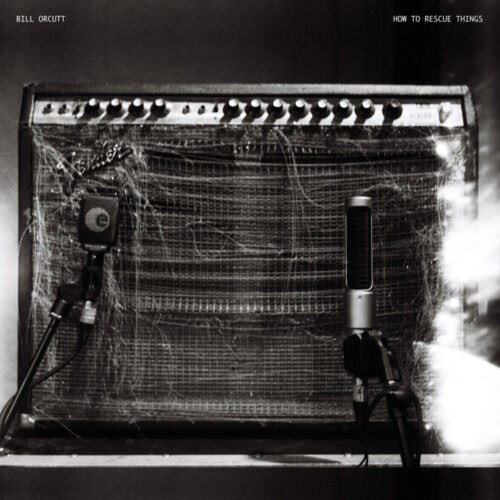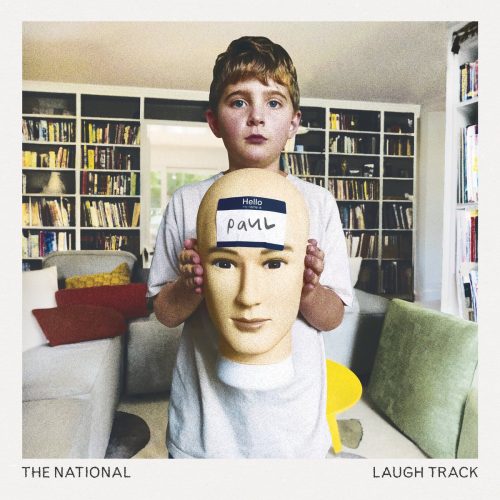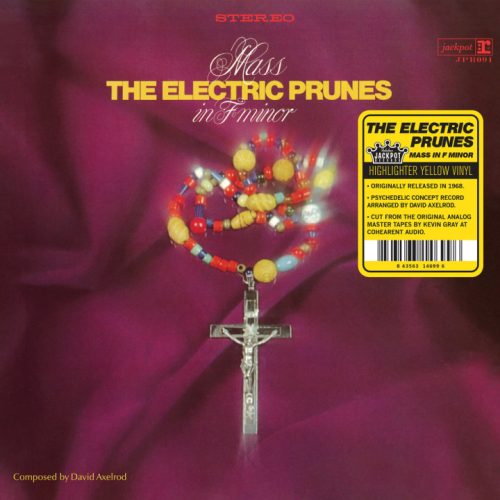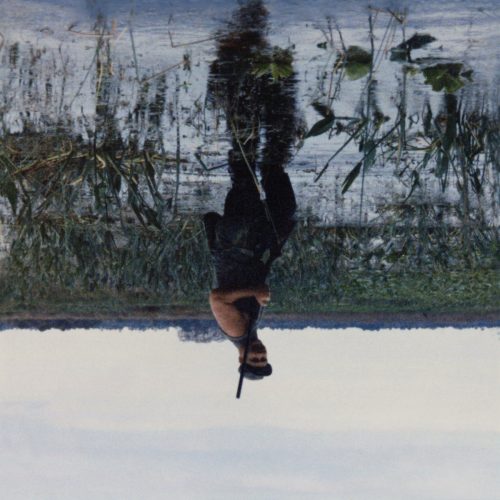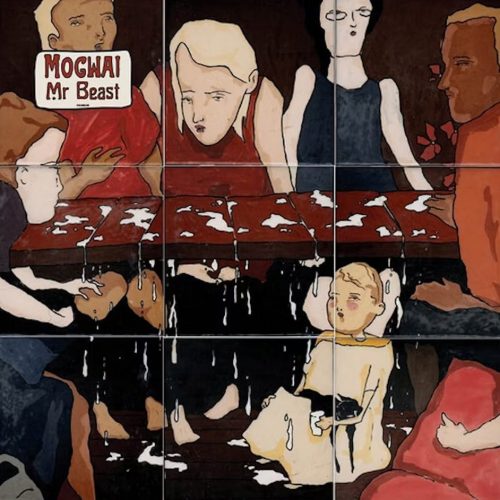How to Rescue Things
Label: Palilalia
Genre: Experimental, Highlights, Rock
$34.99
Out of stock
Audiopile Review: You’ve gotta love any musician whose career is a baffling succession of curve-balls. Think of the godlike Peter Hammill following the angst-ridden prog of his early albums with the glam howl of ‘Nadir’s Big Chance’ before developing a startlingly individual proto-post-punk sound. And think of Bill Orcutt, whose music has encompassed frantic noise rock (Harry Pussy), extreme computer music (‘A Mechanical Joey’), strident free improv (‘A New Way to Pay Old Debts’), classic minimalism (‘Four Guitars Live’), and even ECM-style new age jazz (‘Jump on It’). All these albums are great, but Orcutt can sometimes sound like he’s toying with other people’s styles and genres (‘Jump on It’ is almost ridiculously indebted to Ralph Towner). With ‘How to Rescue Things’, though, he has hit upon something truly his own. Sure, it’s based on samples from the type of saccharine music you might hear over the credits of an inter-war Hollywood romance. And yeah, the basic concept is not unlike how The Caretaker deploys samples of mildewy ballroom music. But whereas The Caretaker bathes his loops in basic audio effects, Orcutt attacks his with jaggedly melodic electric guitar improvisations. The results are devastatingly beautiful and as far as possible from anything trite or obvious. Pardon our French, but this is a fucking extraordinary album, and possibly the best record of an extraordinary career.
***
“Charlie Parker’s first album with a string section landed in 1950, ten years after his debut recordings. Although the overtly lush arrangements of Charlie Parker with Strings were Parker’s idea, the record must’ve been something of a relief to producer Norman Granz, especially when the sides went on to become Bird’s best-seller, by a long shot. The record (and its follow-up) sparked something of a jazz-strings virus, infecting Nina Simone, Paul Desmond, Clifford Brown, and (later) Miles and Trane. And while the latter entries in that list were clearly bending their arrangements into space-age forms (and the arrangers—Gil Evans, Eric Dolphy—were becoming much hipper), these ubiquitous strings albums established a jazz cliché of sorts. They were a shot for the charts at worst, an attempted reinvigoration of tired easy-listening ear candy at best. How to Rescue Things, landing 15 years into Bill Orcutt’s ‘rediscovery’ years, marks a somewhat tardy entry into the string- sweetening sweepstakes. In a post-chart, post-irony world, no one is going to mistake this as a bid for mainstream ears—nor are too many pop-gobblers going to paste this into their ‘Chillax’ playlist. With loops of dulcet, birdsong choruses, syrupy strings, and plucked harps clipped from an RCA easy-listening disc, the zombie strings conjure not red leather couches, cotton slankets, and yuzu martinis, but rather a clockwork mortuary, an undead Who-ville and a cigarette butt drowned in bottom-shelf scotch. In contrast to Orcutt’s previous reanimation of yesterday’s hit parade, How to Rescue Things instead takes as its foundation the oily underbelly of the American songbook, the relentless gears that churn melody into newly consumable and marketable forms—simultaneously ersatz, soothing, and funereal. It’s easy to use saccharine, easy-listening settings to deconstruct the romanticism of the past. Yet How to Rescue Things is not an ironic record. True to its title, the transparently corny strings serve not as a meditation on cultural vacuity, but as an attempt to rehabilitate the clichés of the past, ‘rescuing’ them as improvisational grist for new melodic content. They serve as a harmonic substrate for some of Orcutt’s most complex playing, and free him to explore the solo-as-such without the need to imply an underlying tune (unlike Orcutt’s previous acoustic explorations of nostalgic song). Orcutt’s razor-sharp Fender slices through the satiny settings in angular and unexpected ways, particularly in the final tracks ‘Requiem in Dust’ and ‘The Wild Psalms,’ where his double picking swerves into almost Sharrock-ian territory. But ultimately, true to the Parker records that started this whole trope in the first place, Orcutt sticks to a complex yet tonal path throughout, imbuing tracks like ‘Not Reconciled’ (with its crooned ‘Oh my god’ and a cheeky ‘amen’ tacked to the end) with wide-eyed romantic optimism that goes down strange in a deathbed ballad. But ultimately, it’s not strange at all. Rather, this palliative track celebrates a necessary, death-defying joy in the face of darkness—whether genuine or performative is unimportant. And what’s more genuinely American than whistling past the graveyard? Just ask Judy Garland.”—Tom Carter

